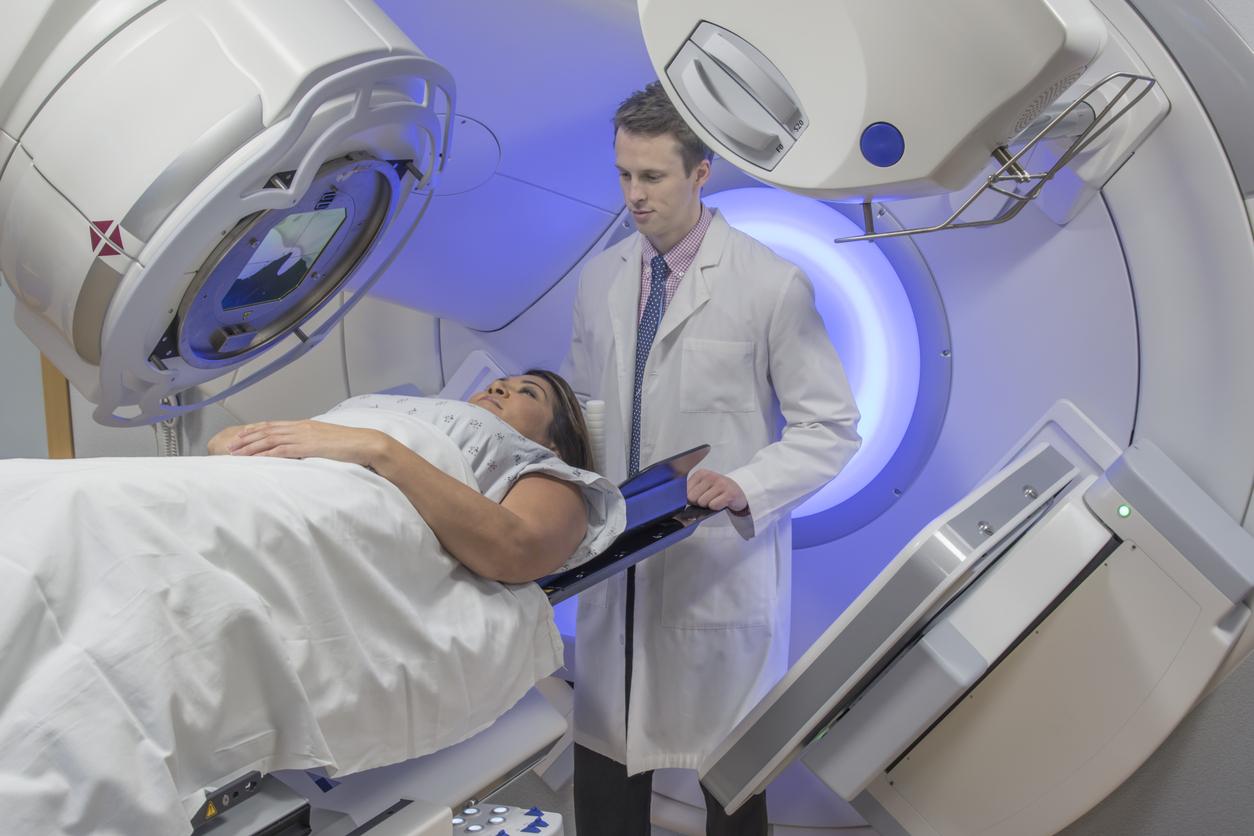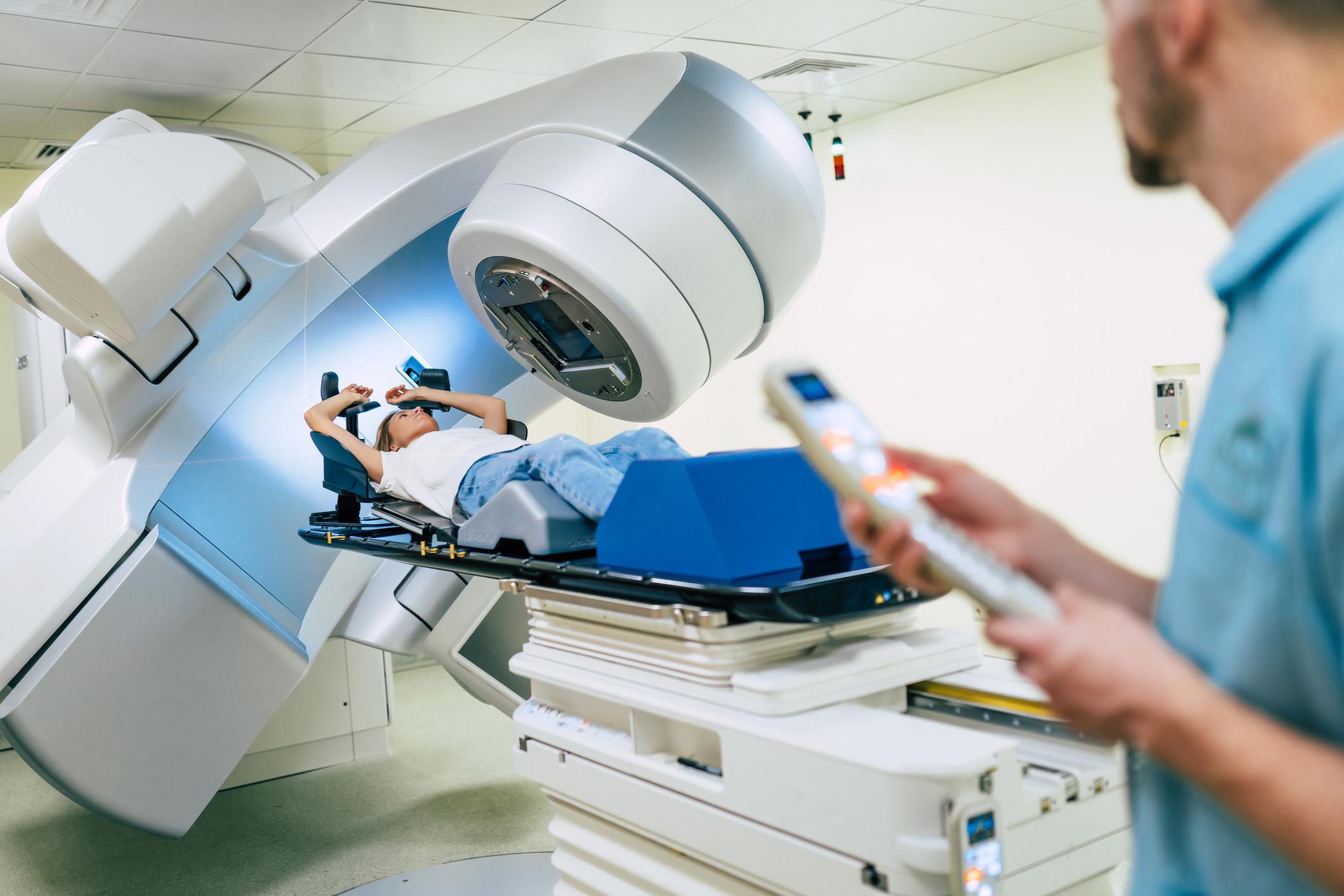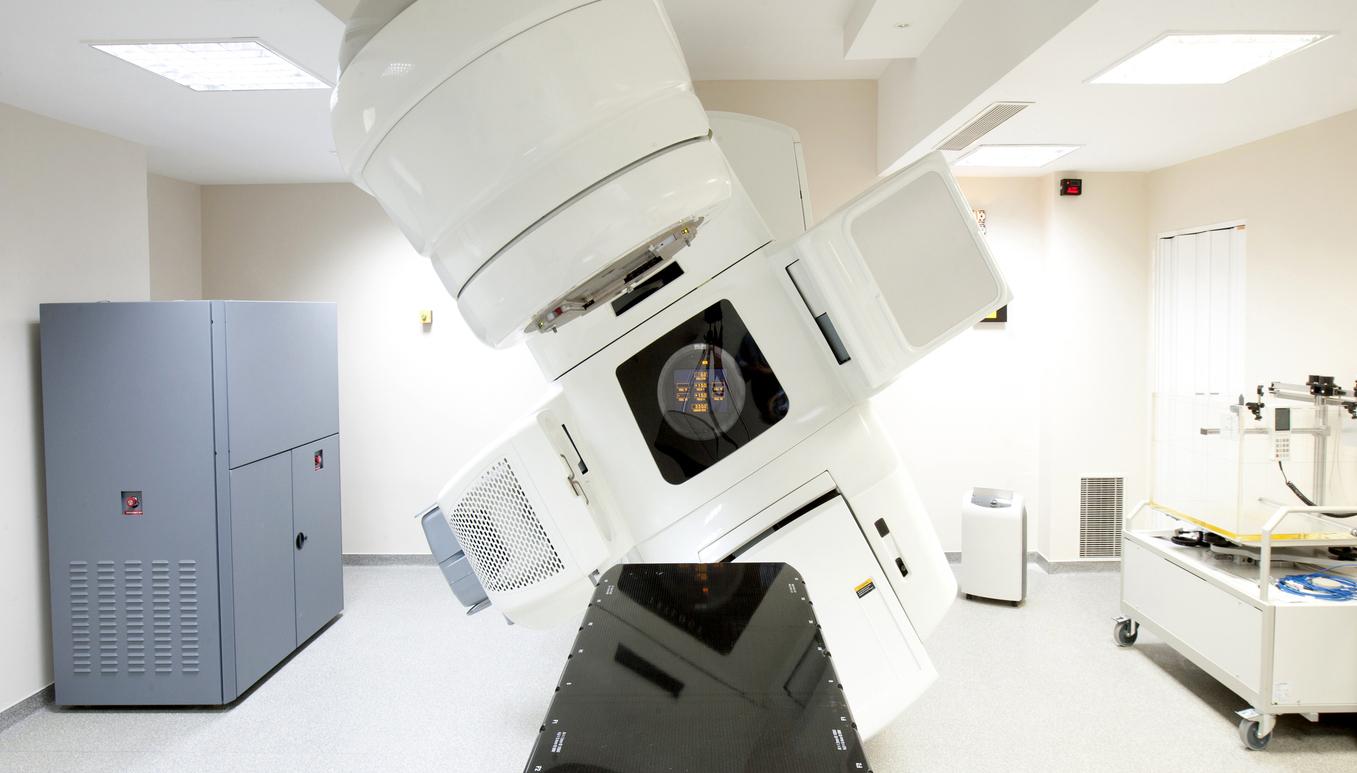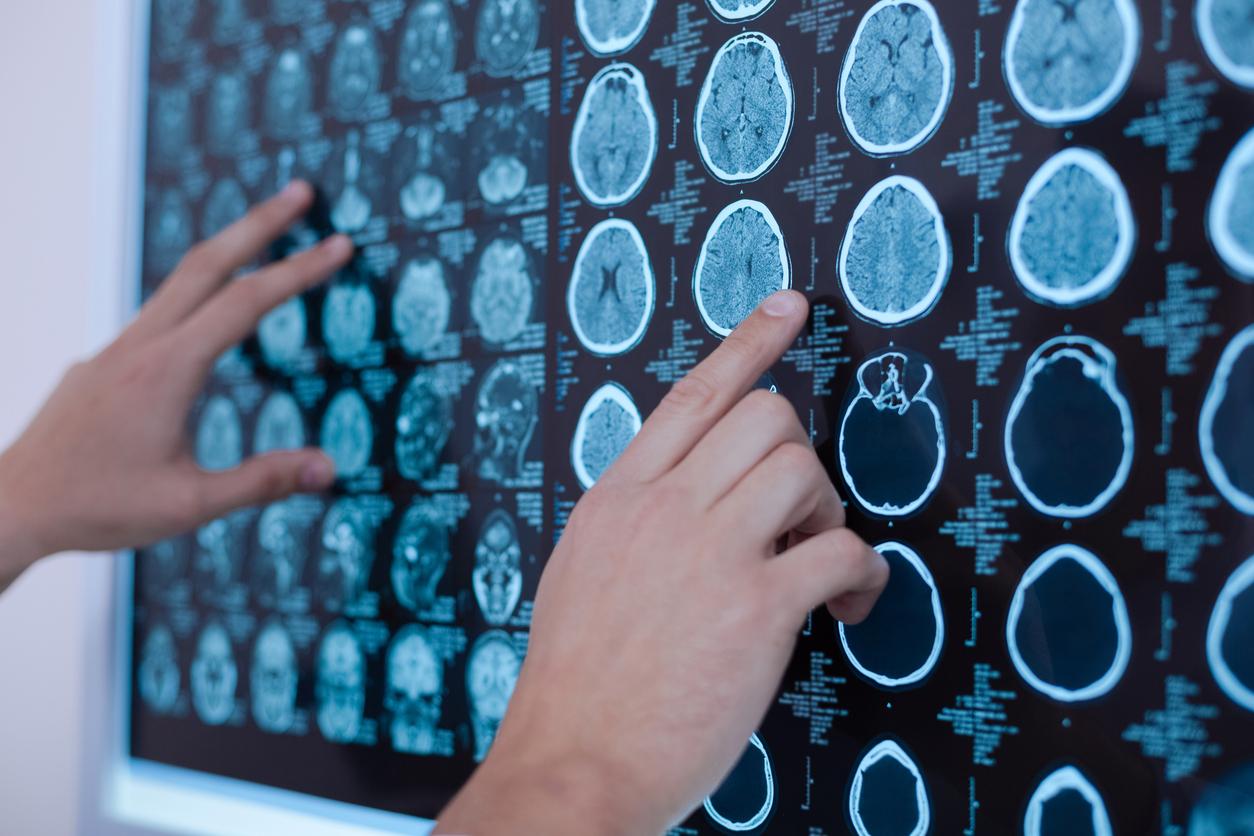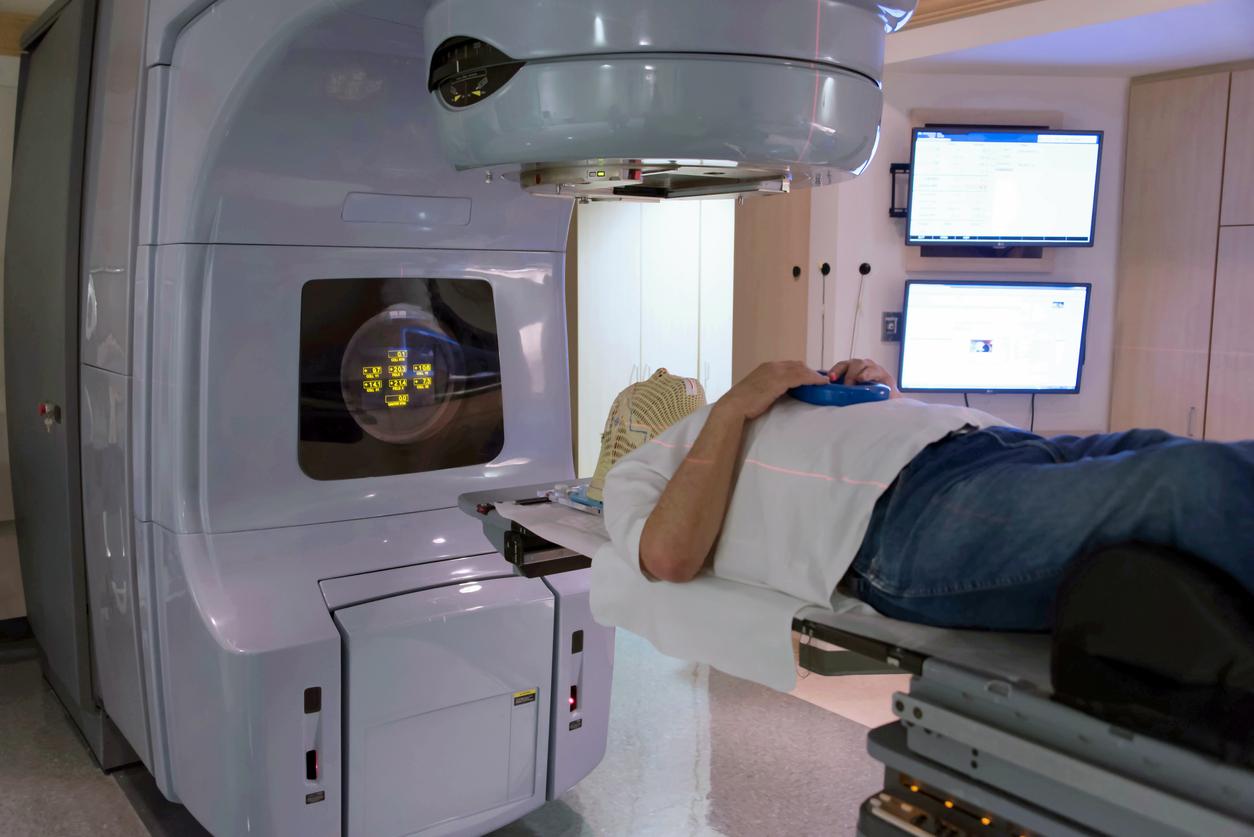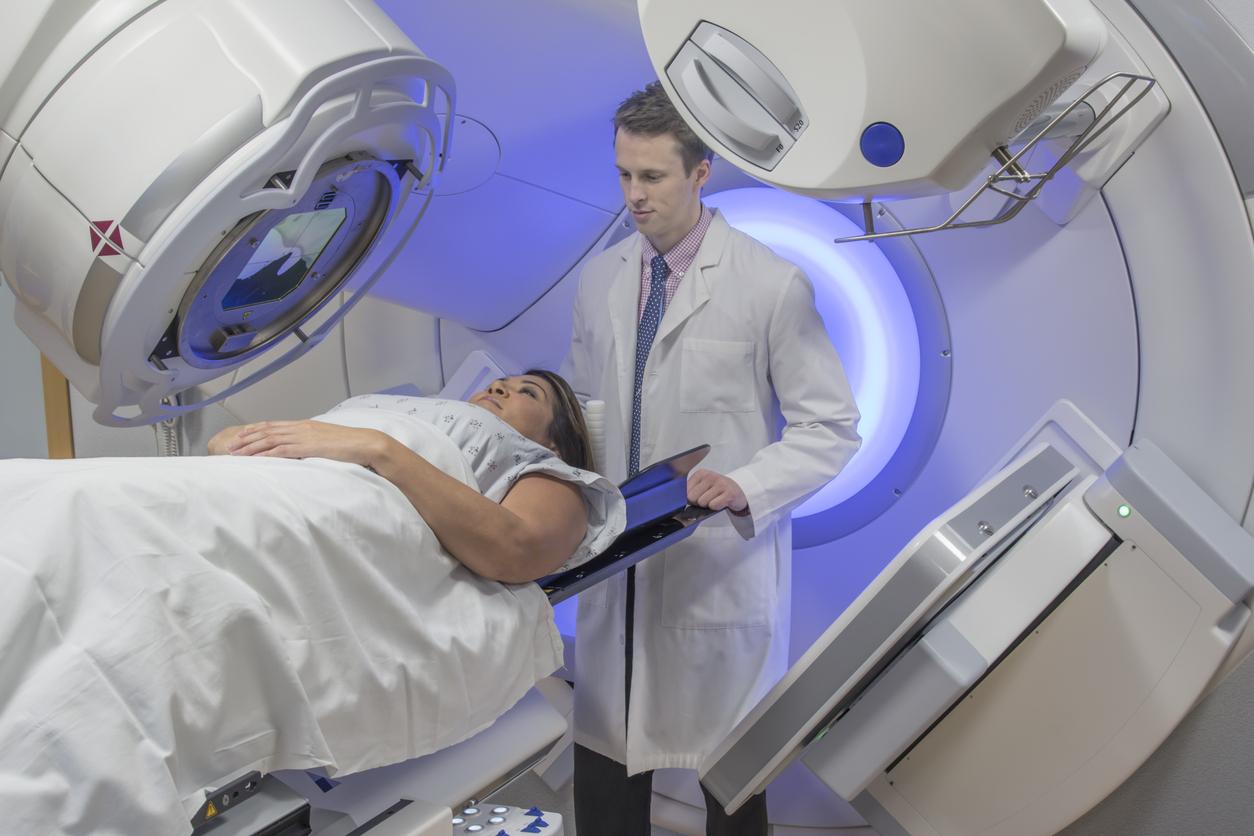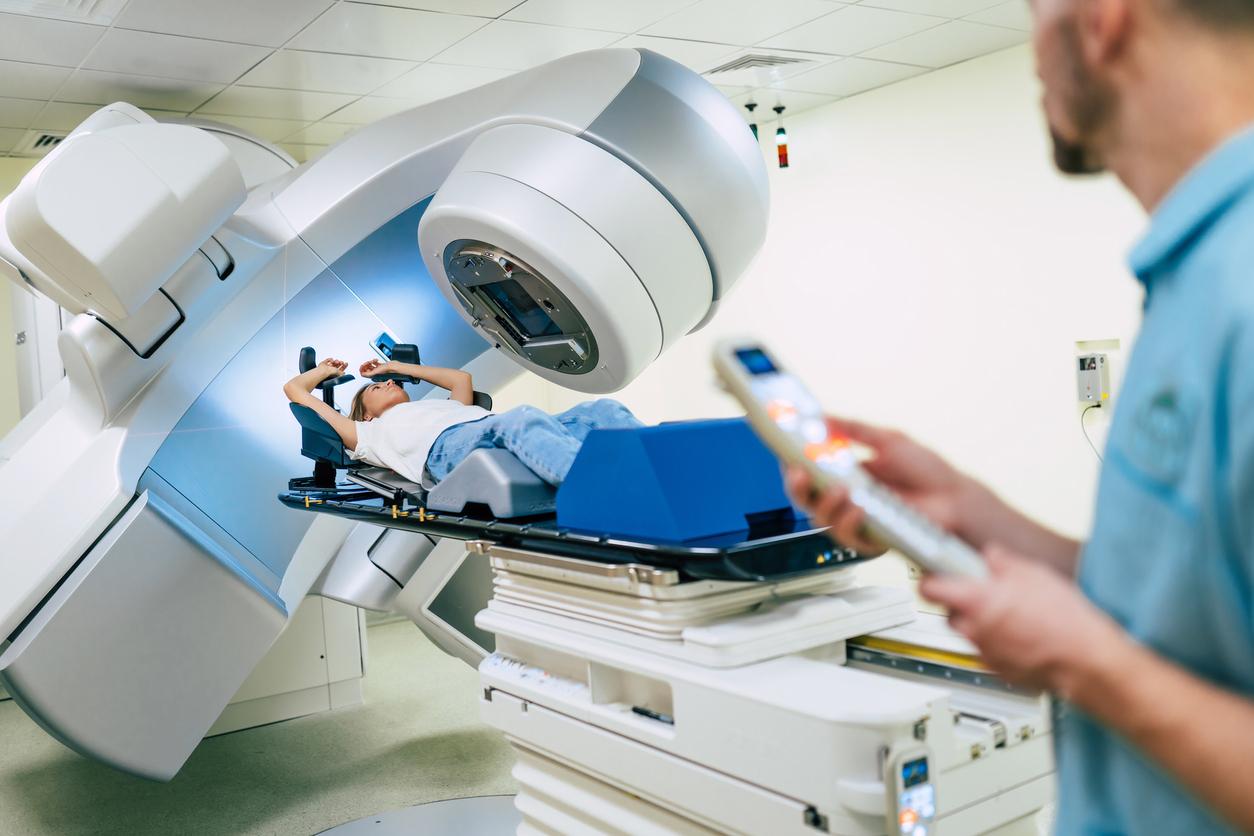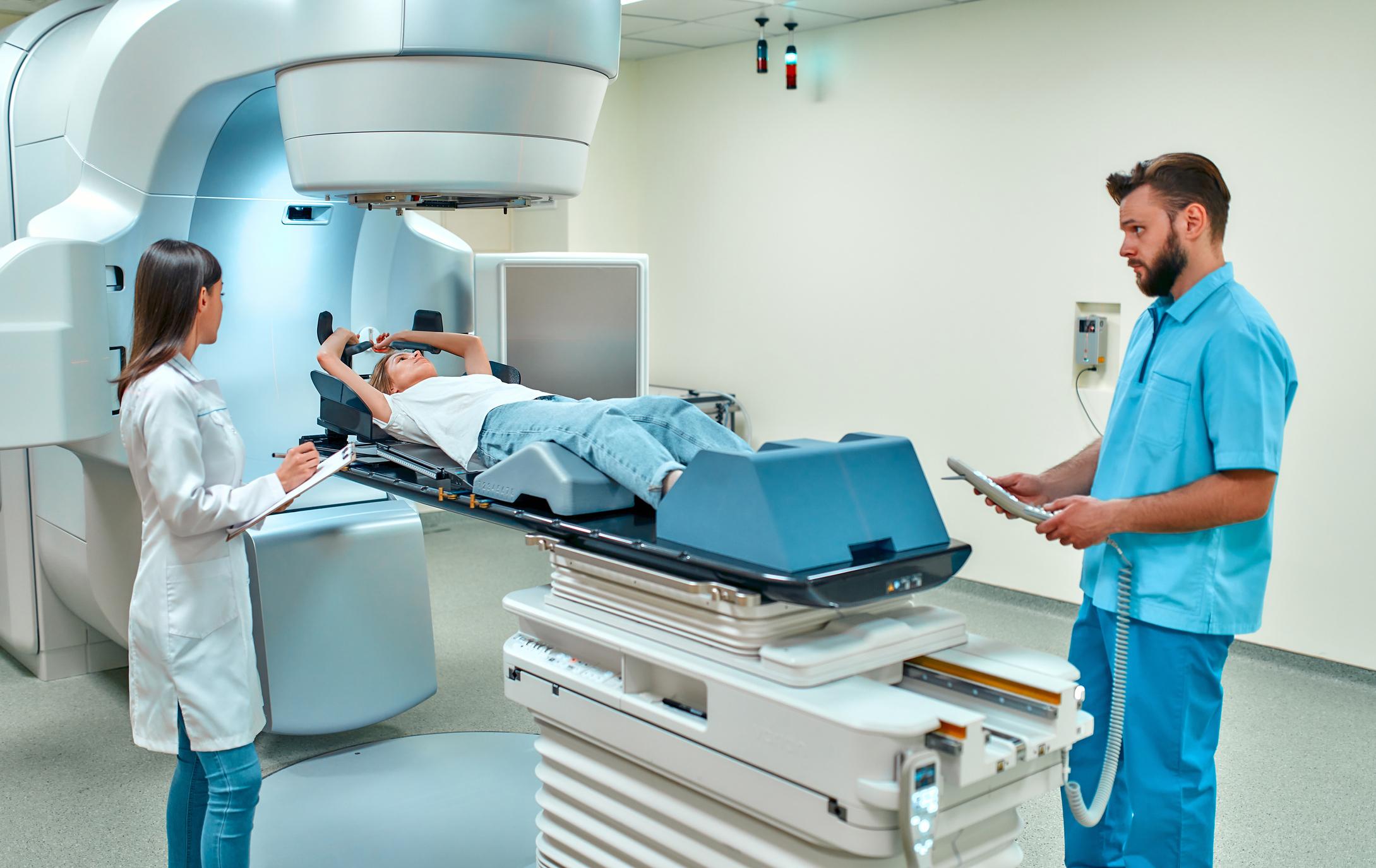Conventional radiotherapy to treat early-stage breast cancer is still over-prescribed before and after 70, show two American studies.
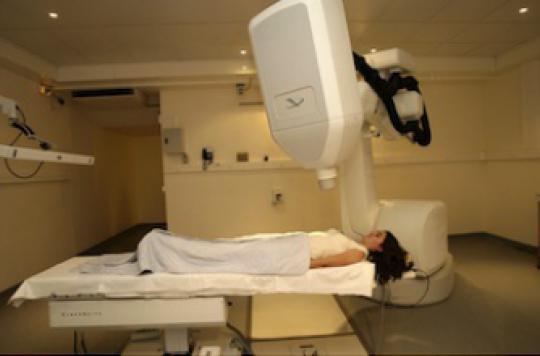
Radiation therapy to treat early forms of breast cancer should not be routine. Especially in older women. This is what researchers recall in a study published in the journal Cancer.
No reduction in risk of recurrence
The five American researchers behind the study gathered data from more than 40,000 British and American women over the age of 70, all with an early form of breast cancer during the period 2000- 2009.
Analyzes revealed that nearly two-thirds of these women were prescribed radiation therapy sessions, despite recommendations made in 2004 that said not to use radiation therapy in senior women with early-onset breast cancer. “Our results highlight the difficulty for practitioners to take into account new clinical trial data, which recommend going without a treatment that was previously considered a standard of care,” said Dr. Blitzbau, one authors of the study.
These specialists also point out, based on a study carried out last year, that radiotherapy in people over 70 does not reduce the rate of recurrence of breast cancer and does not increase life expectancy either. . Corrective surgery and treatment with tamoxifen are sufficient. According to the researchers, seniors can therefore do without radiotherapy because it “would save them from exposing themselves to the toxicities associated with radiotherapy”.
Reduce the duration of treatment
This finding does not only concern 70-year-old women. Indeed, according to another recent study published in JAMA, younger women should also avoid going through the traditional radiotherapy box.
According to recommendations from a clinical trial conducted in 2004, hypofractionated radiotherapy (from 3 to 5 weeks but with higher doses) reduces the heavy and invasive nature of the treatment, and makes the therapy more bearable than conventional sessions (of 5 to 7 weeks).
In this study, American researchers from the University of Pennsylvania observed the results of the use of these two therapies between 2008 and 2013 based on administrative data from 14 health care centers in the United States on women with early breast cancer and less than 50 years old.
They found that the use of hypofractionated radiotherapies rose from 8.1% to 21.2% in women under the age of 50. “The clear absence of recommendations in favor of the use of hypofractionated radiotherapy has contributed to slowing down the prescriptions of these treatments, in the United States as in other countries. But the figures observed in 2013 are encouraging. The evolution of these uses over the next few years will therefore be decisive in determining whether the trend will continue in this direction, ”the authors conclude.
In France, radiotherapy to treat breast cancer is mainly recommended after reconstructive surgery if there is a risk of recurrence, or at the metastatic stage (advanced stage). The classic radiotherapy protocol for women operated on for breast cancer is 25 daily sessions at a minimum average dose of 50 Gy.
.









